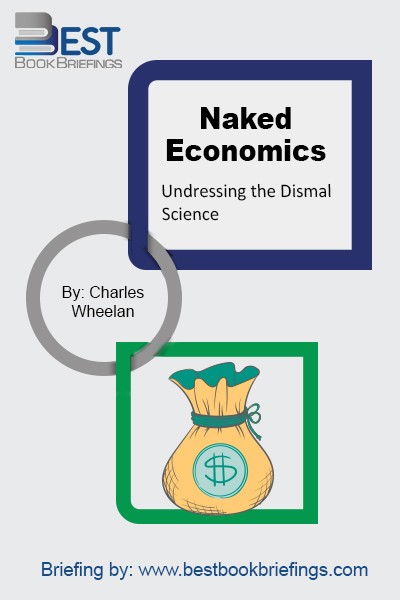Naked Economics
Undressing the Dismal Science
Number of pages: 260
Publisher: W. W. Norton & Company
BBB Library: Economics and Investment
ISBN: 9780393324860
Editorial Review
Finally! A book about economics that won’t put you to sleep. In fact, you won’t be able to put this bestseller down. In our challenging economic climate, this perennial favorite of students and general readers is more than a good read, it’s a necessary investment—with a blessedly sure rate of return. Demystifying buzzwords, laying bare the truths behind oft-quoted numbers, and answering the questions you were always too embarrassed to ask, the breezy Naked Economics gives readers the tools they need to engage with pleasure and confidence in the deeply relevant, not so dismal science.
Book Reviews
Books on Related Topics
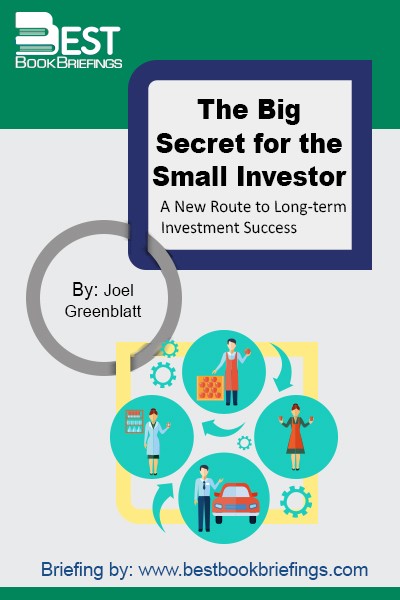
In The Big Secret for the Small Investor, bestselling author Joel Greenblatt explains to everyday investors how to value a business, and why the small investor has an inherent edge over the big investment firms that have to show results month by month, quarter by quarter, year by year. Greenblatt then goes
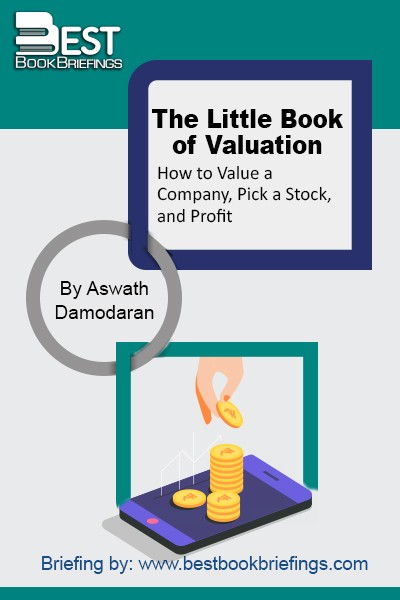
You buy financial assets for the cash flows you expect to gain. The price of a stock cannot be justified by assuming there will be other investors around who will pay a higher price in the future. That is the equivalent of playing an expensive game of musical chairs. As a

This book is not really about money, it is about creating the life you want. A part of that is deciding what role you want money to play in it. We all have money in our lives, what matters is that you master money and it doesn’t master you. The secret
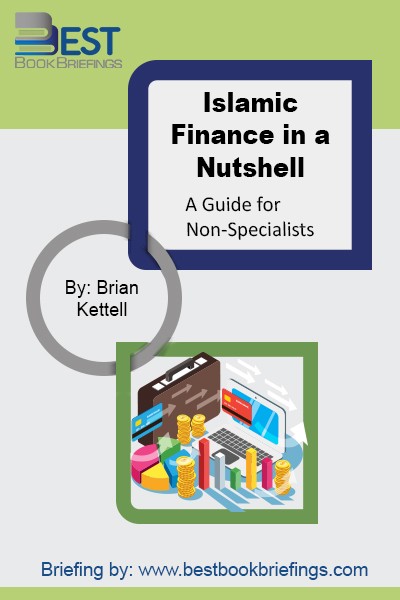
The ongoing turbulence in the global financial markets has drawn attention to an alternative system of financial intermediation, Islamic banking and finance. This sector has so far remained on the sidelines of the unrest. The sector has grown rapidly in recent years and this new found prominence has raised many questions

The global financial crisis that shook virtually every country, government, and household in the world in 2008-09 gave way to a frustrating “new normal” of low growth, rising inequality, political dysfunction, and, in some cases, social tensions, so much so that the path of the global economy is likely to end
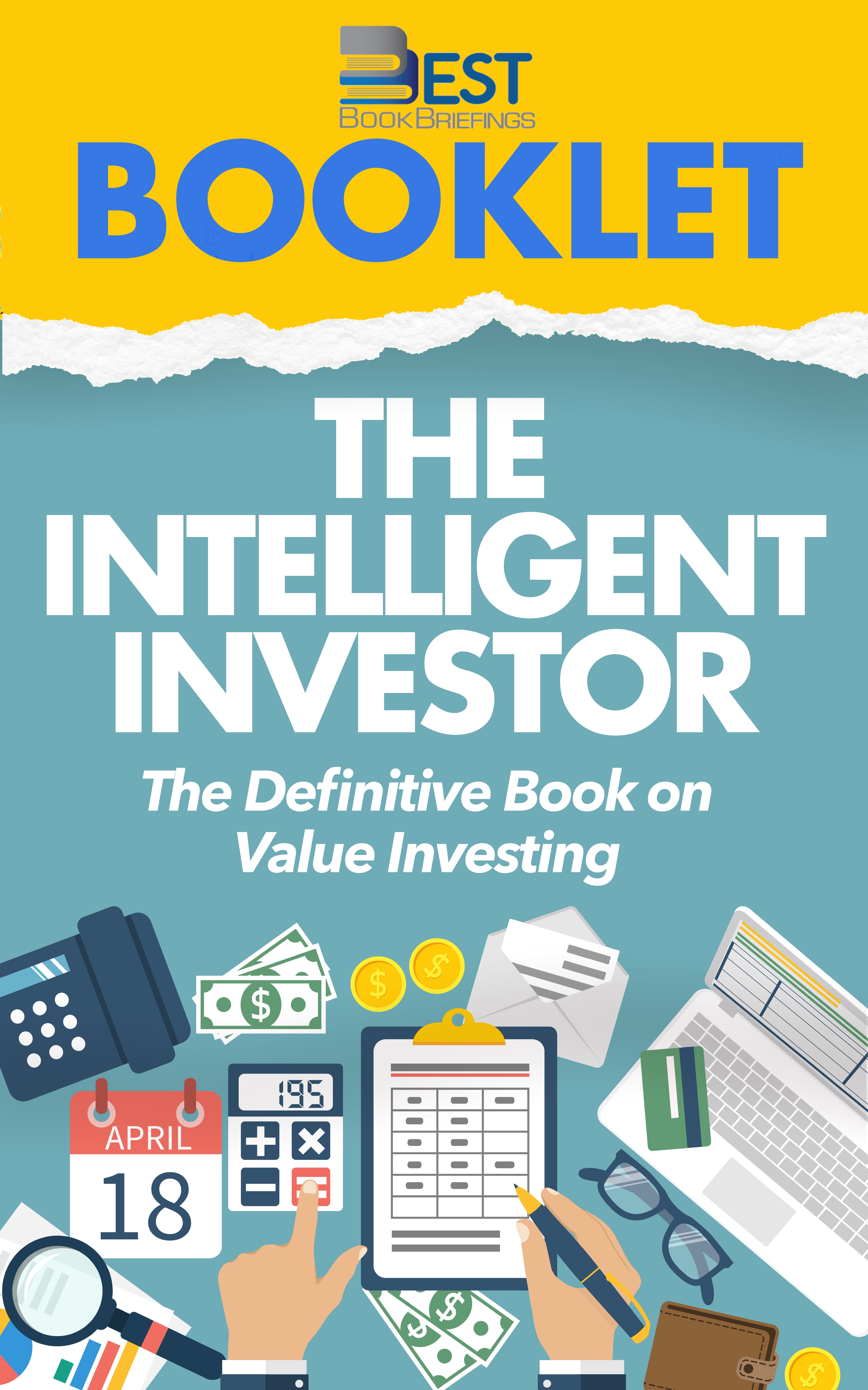
This classic text is annotated to update Graham's timeless wisdom for today's market conditions... The greatest investment advisor of the twentieth century, Benjamin Graham, taught and inspired people worldwide. Graham's philosophy of value investing -- which shields investors from substantial error and teaches them to develop long-term strategies -- has made The Intelligent
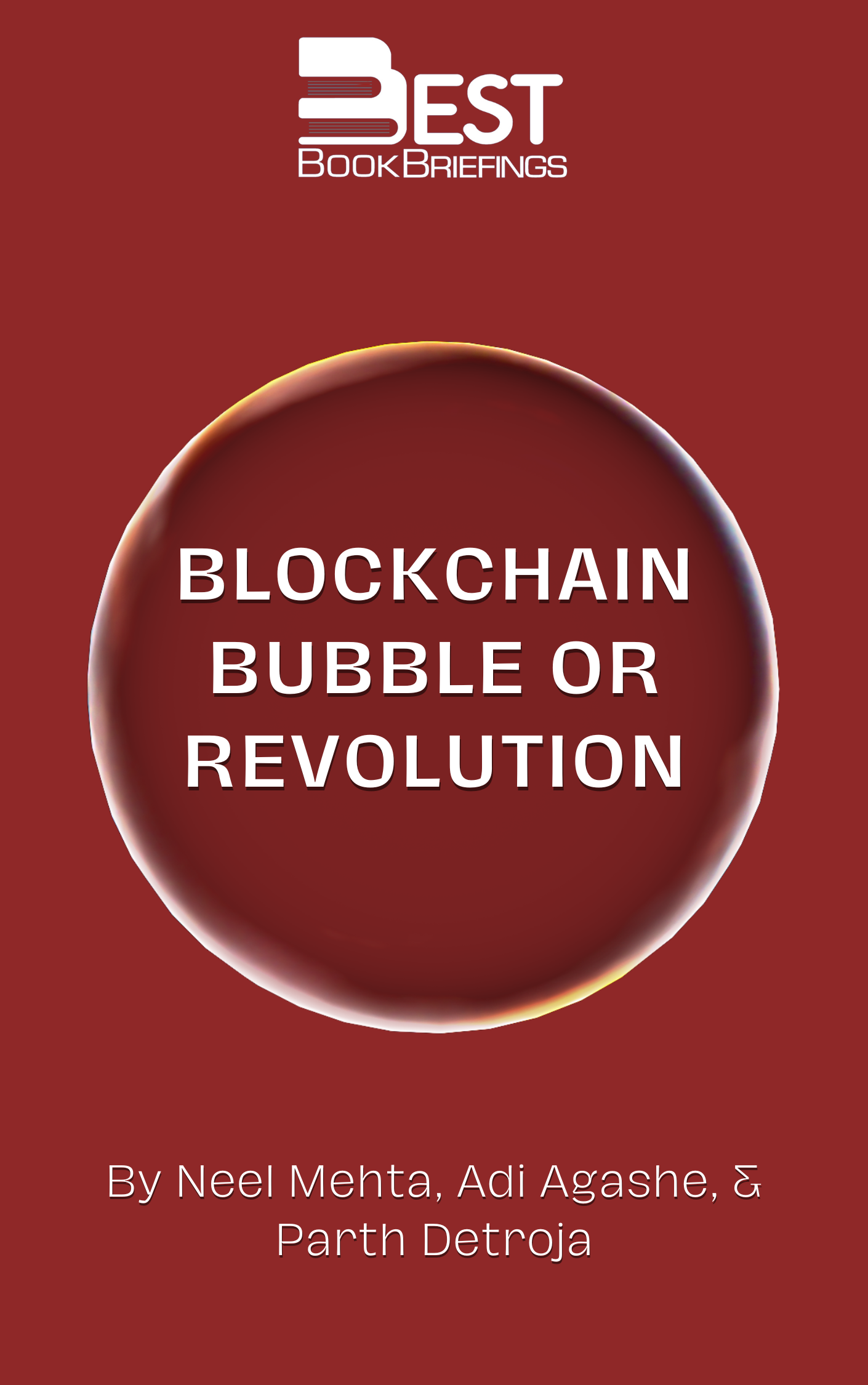
Some experts say that Bitcoin and cryptocurrencies are just a scam; others say they're the most important invention since the internet. Thus, whether you are bearish or bullish on crypto, Bubble, or Revolution, the book brilliantly articulates both sides of the argument and offers well-researched insight into the future of blockchain technology.

